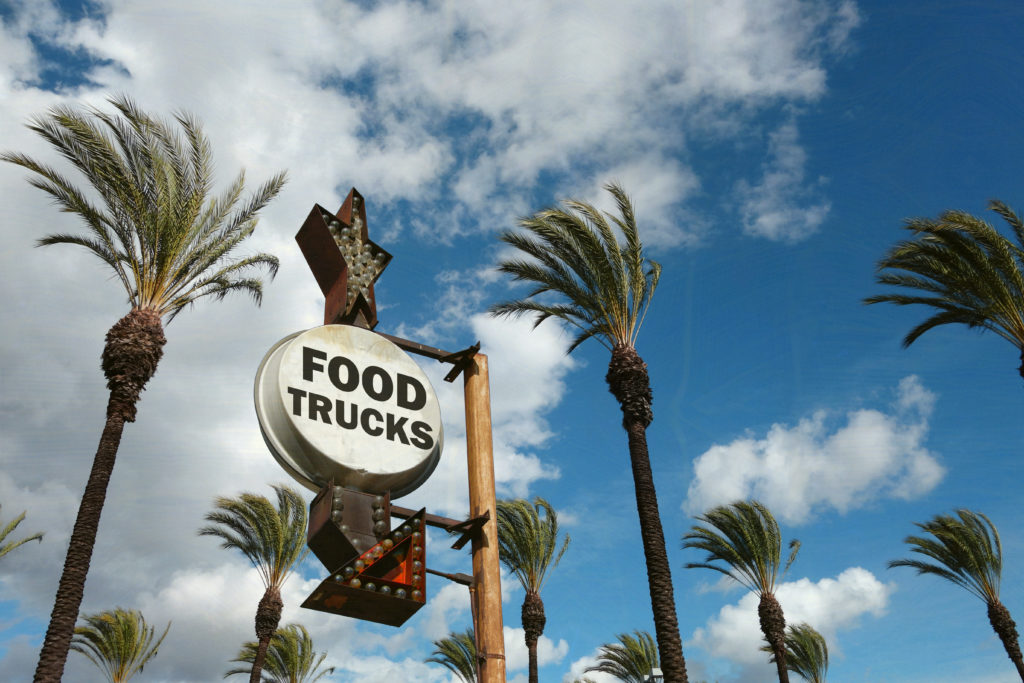
If you’re looking to capitalize on your food truck’s runaway success by adding a brick-and-mortar restaurant to your fold, keep these tips in mind:
- Stay true to your original goals. What made you want to open a food truck in the first place? Did you want to be a chef or owner, but didn’t want the overhead of a brick-and-mortar at the time? What is your growth strategy? Now that you’ve achieved success with your food truck, how would you like to grow professionally? Remember why you wanted to get into the business and bring that energy, enthusiasm and dedication to your restaurant.
- Research locations. Location, location, location. As a food truck traveling around, where you park is important. You already serve popular meals on wheels; use your truck to test out neighborhoods for a brick-and-mortar. If customers follow your truck to new locations, they will follow to your anchored restaurant.
- Look at the numbers. With a brick-and-mortar comes a multitude of additional expenses: furniture, décor, insurance, more staff and food. Renting an entire restaurant space is considerably more expensive than renting a truck or a commissary kitchen. Examine the truck’s performance: what sold, what didn’t, what food items have become integral to your brand and identity?
- Strategically plan your menus and allocate resources. You may not need many additional menu items for a brick-and-mortar establishment; plus, maintaining simple menus can reduce food waste. Since your brick-and-mortar kitchen will likely also double as your food truck’s commissary, scheduling respective employees and food prep requires time management.
- Future of the truck. Opening a year-round brick-and-mortar may mean shifting your food truck’s purpose. The truck can maintain its established routes and operate business as usual; or you can switch gears and exclusively use it for special events and catering opportunities. Essentially a mobile billboard for your brick-and-mortar regardless of its function, your food truck can be an invaluable marketing tool.
- Navigate the legal landscape. When negotiating lease terms, determining company classifications and tackling taxes, consult legal representatives to ensure all your ducks are in a row.
The influx of food truck operators opening brick-and-mortar restaurants shows the power of new business models to shake up industries and, in turn, fuel their own economic growth. Food trucks are hurting some existing restaurants, but they are also driving the creation of new ones.
Need to pass the time before our next article? Check out our friends over at Custom Business Solutions and their next- generation NorthStar Order Entry System.
